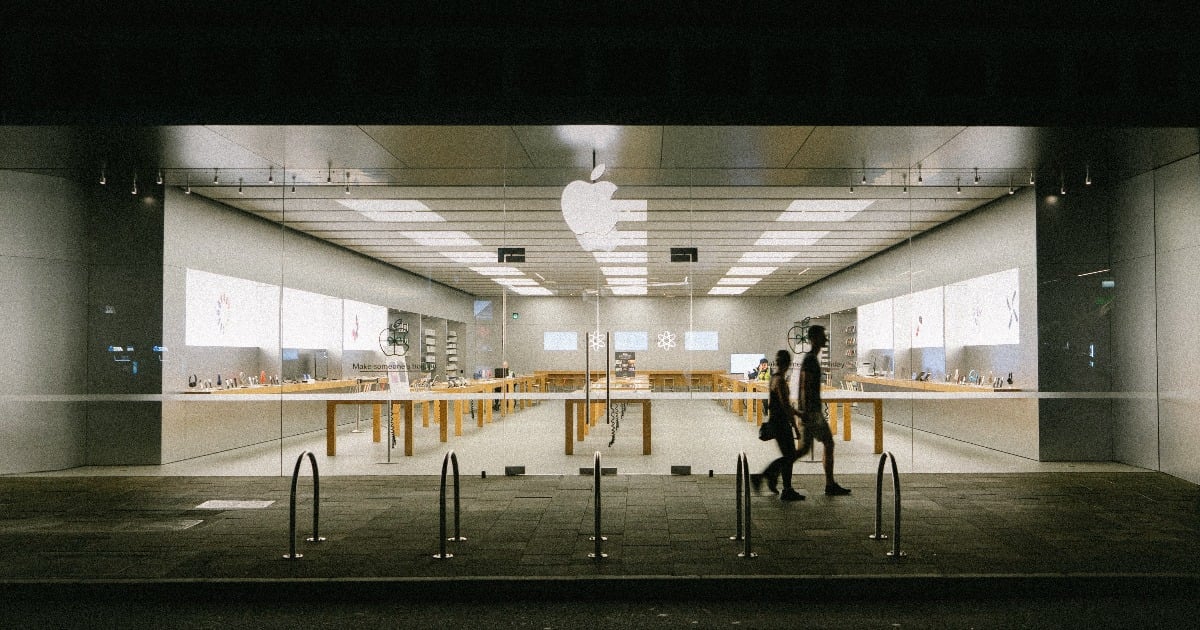Does it seem like Amazon is always announcing a new industry disruption? Most recently, Amazon launched its own private label brand of dog food called Wag. Some say this new private label is the ecommerce giant’s first step in a major expansion into the pet products business, an estimated $72.1 billion market. As they expand into the space, we’re also keeping an eye on what this new private label will mean to established pet food brands like Purina or Iams.
This is just the latest in a series of retailers that have launched their own brands as a way to boost their bottom line. Target recently revamped its in-house brands, for example, adding twelve new highly curated, specialized owned apparel brands. As part of a push to compete with retailers like Amazon and Target, Walmart also added four new private label fashion brands. Macy’s plans to also grow its private and exclusive brands from 29% to 40% of the business by 2020. Seemingly everywhere we look, we see another retailer expanding this market.
From a retailer’s perspective, it’s usually a no-brainer to produce and market owned brands. Retailers can sell owned brands at a lower price point, which encourages shoppers to buy those products and drives up profit margins. They also have more control over the supply chain, advertising, and branding.
And, since they’ve already established trust with shoppers who choose to visit the store, many consumers will choose what they know. Just think of Whole Foods’ 365 Everyday Value brand: Shoppers know they can trust that brand, since it exudes the traits that Whole Foods is known for, like quality, cleanliness, and transparency. So, they’re likely to trust and choose the house brand, which is also usually the cheapest option.
But, as exciting as this private label push may be for major retailers, where does this leave the external retail brands who sell through their stores? Private labels are expected to poach $64 billion from the nationally advertised brands in the next ten years, rising from 17.7% of the CPG/food market in 2017 to 25.7% in 2027. How can independent brands keep up?
It’s time to revamp your in-store presence
It’s up to independent brands to flex up their presence in stores and show shoppers their value against the private label competition. It all comes down to making sure your products are top of mind for shoppers as they choose between similar products. To do that, brands will need to stay on top of key areas like merchandising and inventory.
Retail technology can help brands peek inside stores and pinpoint the best areas to take action. For example, data could reveal a restocking issue at one store location—and clearly, if your products aren’t even on the shelf, it’s going to be nearly impossible for shoppers to buy! That’s why data is so important in positioning brands to succeed.
Simply having a presence in stores is not enough, though. Brands also need to curate experiential and engaging in-store experiences that draw shoppers in and set their products apart. In order to stay competitive, retail brands will need an in-store strategy that educates customers on their products and develops long-term affinity.
That starts with having the right teams in stores. Retailers’ own store associates will inevitably opt to promote private label brands over others, so third-party brands need to invest in their own well-trained field teams that can educate shoppers and convert them to buyers. In fact, 61% of consumers reported valuing or highly valuing being able to ask a sales associate for product recommendations while shopping in-store. That’s your opportunity to step in and promote the unique benefits of your product.
That might mean educating shoppers on failure rates, warranties, the research spent on developing the product, the health advantages, or any other number of important factors shoppers may not even realize they need to consider when comparing store brands against non-store brands.
Demoing your products is a particularly effective way to educate consumers. An engaging demo, staffed by knowledgeable brand reps, can help a brand jump off a crowded store shelf and into a customer’s consciousness. Demos allow brands to deliver an impactful experience, with the potential to create a long-term customer, and even a long-term sales lift.
By providing education and experiences in stores, seeking analytics, and making data-driven business decisions, brands can develop the long-term affinity they need to stay competitive in this changing landscape.
Interested in learning more about how ThirdChannel can help your brand? Request a free demo now!
 |



